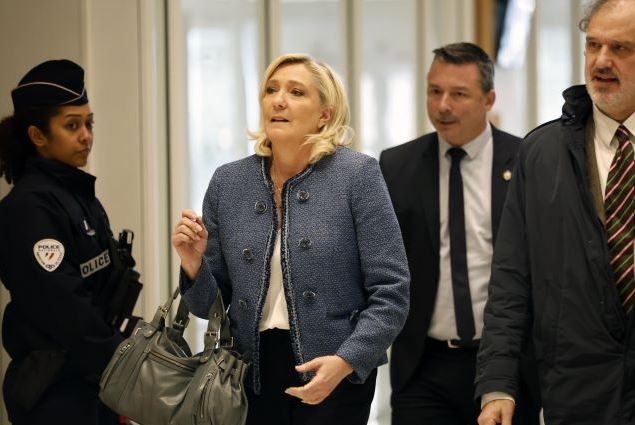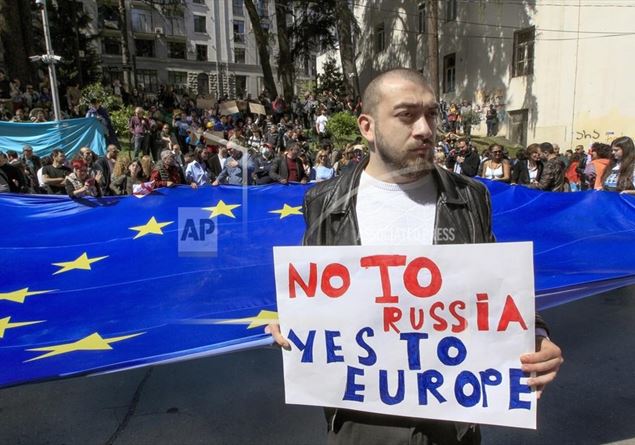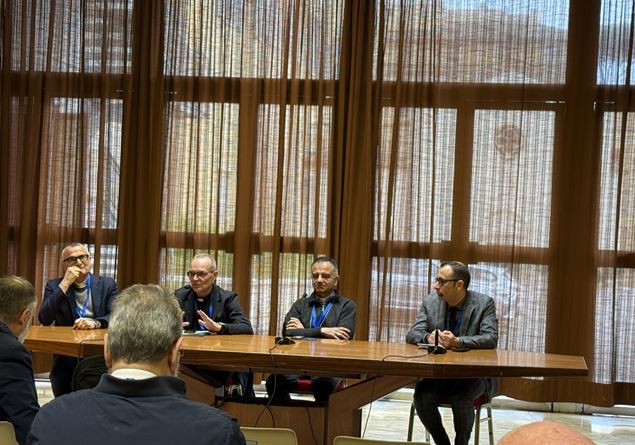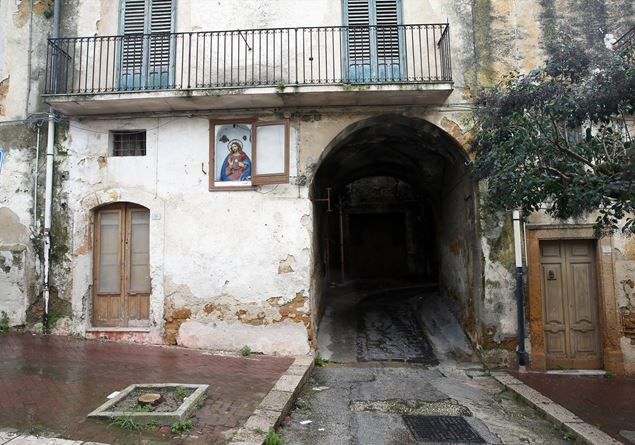Russian shadows stretch on Eastern Europe. From the Black Sea to the Caucasus, Moscow tries to condition political life and to influence public opinion in what considers his sphere of influence.
It is a hybrid war, whose strategies are becoming increasingly sophisticated and pervasive. Those countries that try to integrate with Europe and the West (such as Georgia and Moldova) and others, such as Romania, which, despite being members of the European Union and NATO, live a condition of fragility and geographical closeness to the “courtyard of home” of the Kremlin make it.
An authoritative putting against Russian interference had arrived in September 2024 with an unusual intervention on the Financial Times signed by Bill Burns (then director of the United States Central Intelligence Agency) and Richard Moore, head of the Secret Intelligence Service, the United Kingdom’s foreign espionage agency. “Beyond Ukraine,” wrote the CIA head and the head of Mi6, “we continue to work together to stop the reckless sabotage campaign throughout Europe implemented by Russian intelligence and its cynical use of technology to spread lies and disinformation, designed to push the wedges between us”.
In a few months Romania has experienced the cancellation of the elections, the resignation of the President of the Republic and the exclusion from the presidential elections of Calin Georgescu, the nationalist candidate who had surprised the first round in November 2024. One shock after the other for the pillar of the eastern side of the Atlantic alliance, bordering the Ukraine devastated by three years of war.
The unknown Georgescu had imposed himself in the first round of the presidential elections thanks to a lightning ride favored by a protest vote fueled by an unprecedented Tiktok campaign. However, the constitutional court of the country canceled the vote following a series of intelligence relationships that showed the involvement of Russia in influencing voters through social media to support the candidate to whom the polls accredited less than 10 percent of the votes. So the second electoral round was not held on 8 December.
Georgescu is also facing criminal proceedings. The accusation towards him are very heavy. Among these, the instigation to actions against the Constitutional Order, false financial statements, promotion in public of the cult of people guilty of genocide crimes and war crimes, his support for the sympathizers of the Iron Guard, a notorious movement and fascist and anti -Semitic political party, illegal for the Romanian law. Cut outside Georgescu, it remains to be seen on who will be the voters in the new elections set for May 4th (with possible ballot on May 18).
Meanwhile, on Friday 7 March the antigovernmental protests in Georgia entered their penny day. The protest movement started since, on November 28, 2024, Prime Minister Irakli Kobokhidze announced the suspension, at least until 2028, of negotiations for adherence to the European Union. Since then, thousands of people have come to show along the large viale Rustaveli di Tbilisi to ask the government to continue on the road to European integration.
The Georgian dream party, however, did not make concessions, resorting to legislative changes and carpet arrests. The situation exacerbated in December when Georgian dream chose as a candidate for the presidency of the republic Mikheil Kavelashvili, a former footballer with a modest career, now a politician with strongly anti-western positions. Then Kavelashvili was elected by an electoral college of 300 members (150 parliamentarians plus another 150 representatives of the autonomies and regional and local bodies), succeeding the fighting Salome Zurabishvili, the most representative figure of the Pro Europe movement.
In Georgia, the great majority of the population wants to close ties with Europe and asks to remove the country from the orbit of Moscow (Russia occupies 20 percent of the Georgian territory after the war of August 2008). And among the Georgians, support for Ukraine has always been strong. In the streets of Tbilisi there are many Ukrainian flags, exposed or painted on the walls, often next to the Georgian one. We also saw Georgian flags with the yellow and blue colors of Ukraine.
Meanwhile, the developments of the situation in Georgia have caused a hard position in February by the high representative for the EU foreign policy (and vice -president of the Commission) Kaja Kallas and the commissioner for the enlargement Marta Kos. “We are witnessing”, they declared, “to a further removal of the Georgian authorities from the democratic standards: the hasty adoption of amendments to the code of administrative crimes, Criminal and the law on assemblies and manifestations will have vast effects on the Georgian society. These developments mark a serious setback for the democratic development of Georgia and are below the expectations of a country nominated for the EU membership “.










